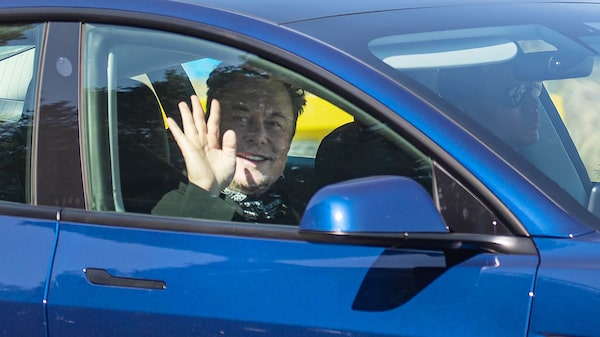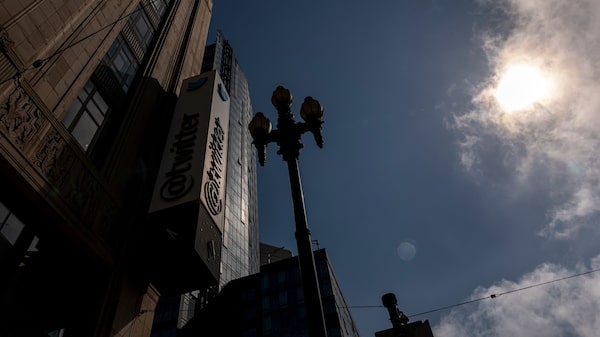Elon Musk’s bid to buy Twitter Inc. (TWTR) follows a playbook familiar to other activist shareholders, a strategy that other big investors have used to successfully take over companies, as well as to flush out other potential bidders for their targets.
Musk, 50, who took a stake of more than 9% and subsequently turned down an offer to join the board, made it known that he would pay $54.20 per share, for the shares he does not already own. His offer totals around $43 billion.
By taking a stake in Twitter before making a bid, Musk is employing a tactic that has been used by investors such as Carl Icahn or Paul Singer’s Elliott Investment Management, activist investors who acquired small stakes in companies and conducted proxy fights to bring about further change.
In this way, Musk is changing his strategy to mimic private equity firms by pursuing his own takeover bids.
In the midst of all this move, the most recent comments by Musk have further stirred the waters. It all started when Nick Huber, a Twitter and YouTube content creator dedicated to startups and real estate, posted an interview from the 2015 Investor Talk series with billionaire investor Carl Icahn.
In that talk, Icahn tells Andrew Ross Sorkin of The New York Times the story about his 1984 acquisition of ACF Industries, a railroad car manufacturer. In the interview, he recounted how he disposed of 12 entire floors of that company’s employees.
Musk’s response was almost immediate: “Exactly,” he tweeted.
That response provoked fear among Twitter’s 7,500 employees, who were already made anxious by Musk’s hostile takeover bid.
A Model to Follow
Firms such as Elliott have raised a lot of capital in recent years, and now need to find ways to deploy large sums of money all at once, according to Kai Liekefett, partner and chair of the shareholder activism practice at law firm Sidley Austin LLP.
“This is part of a broader trend, no doubt. It’s not always a lurking offer. It’s often a real offer,” Liekefett said. “They’re sitting on a lot of firepower”.
Icahn, meanwhile, is engaged in a battle to take over Las Vegas-based utility Southwest Gas Holdings Inc. The billionaire, who uses his own money for his investments and already owns 4.3% of Southwest, has been agitating for changes at the company for months, and his takeover bid comes alongside a proxy fight to replace the board.
Singer’s Elliott, meanwhile, has often pursued a similar strategy, including most recently partnering with Brookfield Asset Management Inc. to acquire television ratings company Nielsen Holdings Plc for around $10 billion. Elliott originally took a stake in Nielsen in 2018, and pushed for a sale of the company, before launching a bid this year. Singer has done the same in companies such as Citrix Systems Inc, AthenaHealth Inc and Mercury Systems Inc.
As the world’s richest person, Musk is not dependent on other people’s money in order to launch an acquisition, although how he will find $43 billion in cash to fund the Twitter buyout has not yet been disclosed.
In a letter to Twitter’s board of directors included with the offer, Musk wrote: “Twitter has extraordinary potential. I will unlock it.”
His tactics don’t just echo those of activist investors. Describing his offer as “best and final,” as Musk did Thursday, is not language that typically appears in an initial takeover bid. But Warren Buffett’s Berkshire Hathaway Inc. has used it in the past - including at Heinz and NV Energy - as a way to avoid getting embroiled in lengthy bidding wars.
Twitter said Thursday that its board would review the proposal and that any response would be in the best interests of “all Twitter shareholders”.
With information from Bloomberg News.



